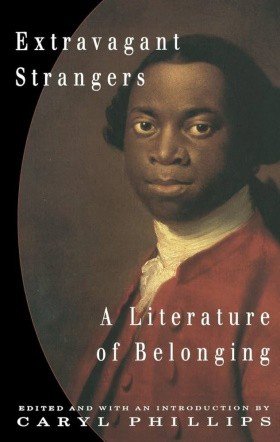Church. Here’s grand people sittin’
neat neat like Hope Gardens
in June. An’ High Bishop now is
holy man from afar. An’, darlin’,
veiled before the altar,
no eyes ever shine more
a happy dream. Nobody did ever
hoi’ a han’ for one gol’ ring
with so many eyes an’ thoughts on it.
An’ conquering done, she leave.
She go down church steps.
She leave with her ‘pretty amazing’ boy
in he uniform of high-sea captain.
An’ they drive back to Palace
received like home-comin’ heroes.
This, me dear, was a time beforetime
with sweet parties jump-up.
An’ rubbish get lef in London streets,
Leela, was a thousan’ time more than
Long Bay square, on banana market day.
But, with that new new name, me dear,
she had one-hundred-thousan’ letters
of good-luck to read. She had
halfacre roomfuls of gifts to go over.
She has a lifetime among things
from every age of castles and jewels.
Darlin’, you know as I know,
that whether Royalty black or Royalty white,
an’ Royalty your Royalty, is your Royalty.
Remember, ‘When you hear family row,
play deaf; but when you see
family food, nyam it’.
Jon-Kanoo: Jamaican masquerade celebration, with chief character-dancer by that name.
Nyam: to eat, particularly in a hungry manner.
Ruth Prawer Jhabvala
[1927-]
Ruth Prawer Jhabvala was born in Cologne, Germany, to a Polish-Jewish father and a German-Jewish mother. In 1939 the twelve-year-old Ruth, her brother and her parents fled from the Nazis to England. She quickly learned to speak English and was educated at Hendon County School in London. In 1948 Jhabvala became a British citizen. In 1951, after receiving an MA in English literature from the University of London, she married a Parsee architect named Cyrus S. H. Jhabvala and moved to New Delhi. Thus Jhabvala was introduced to the country which has figured most prominently in her writing, and to a lifestyle which she initially found exciting but later tired of and described as being like ‘living on the back of an animal’.
Jhabvala began writing and publishing fiction in India. Her first novel, To Whom She Will (1955; published in the US as Amrita), is an elegantly written comedy of manners that examines the disparity between romantic love and the Indian custom of arranged marriages. Jhabvala, the mother of three daughters, was particularly struck by Indian cross-gender and cross-cultural relationships. Her 1965 novel, A Backward Place, tells of three European women and their reactions to the Indian society. In other works she dissects the local customs and manners from the unique perspective of a female expatriate. Her tone ranges from one of sardonic amusement to unveiled criticism, and there is a frank ambivalence towards India in her writing. In 1972 Jhabvala acknowledged that her status left her ‘stranded in the middle’ of the British and Indian cultures, and that ‘the central fact of all my work … is that I am a European living permanently in India’.
In 1975 Jhabvala published her Booker Prize-winning novel, Heat and Dust, which is the story of an Englishwoman who sacrifices her Western liberty for the love of an Indian prince. However, despite her acclaim as an ‘Indian’ writer, Jhabvala was becoming increasingly uneasy in India. In 1975, with her husband’s encouragement, she moved to the United States. Since then, she has divided her time between New York and London, collaborating on film and television scripts, while she continues to write fiction. Although the influences of her life in India are still covertly evident, in In Search of Love and Beauty (1983) Jhabvala focuses for the first time oh the German-Jewish background of her childhood and in Three Continents (1987) she explores her enduring feelings of exile.
As a screenwriter she has enjoyed a long-term partnership with the American film director James Ivory, and her many screenplays for Merchant-Ivory productions include adaptations of E. M. Forster’s Room with a View (1986) and Howards End (1992). In 1983 she received the British Academy of Film and Television Arts Award for her screenplay of Heat and Dust, Other awards include a Guggenheim Fellowship in 1976, a MacArthur Foundation Fellowship in 1984 and two Academy Awards for screenwriting.

























